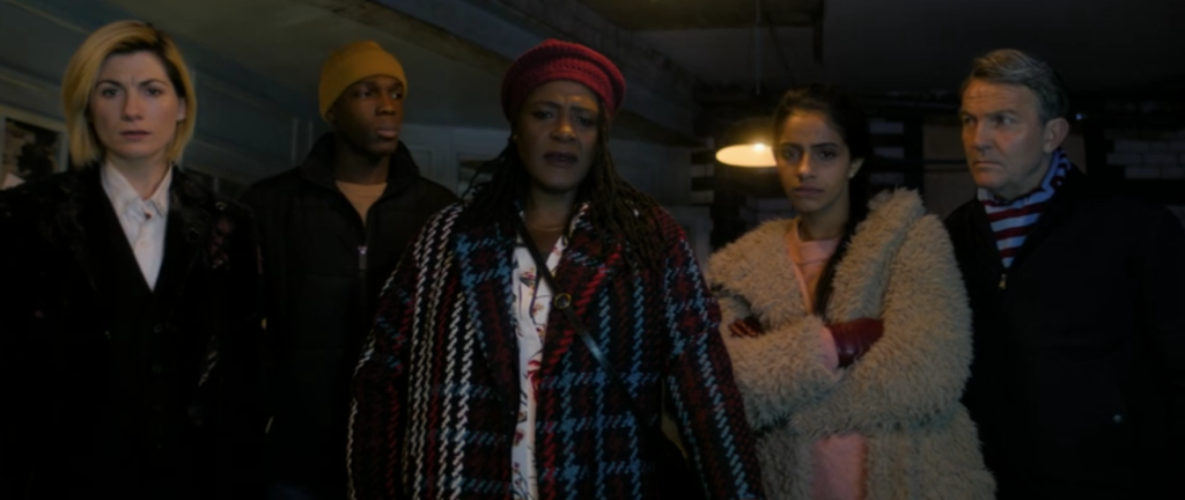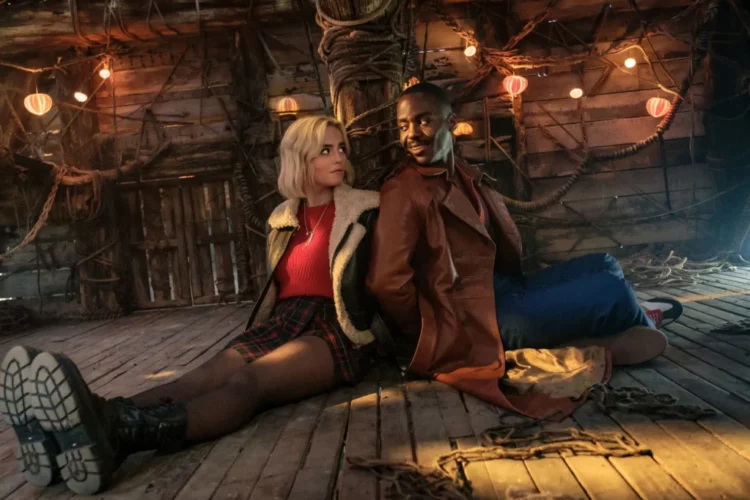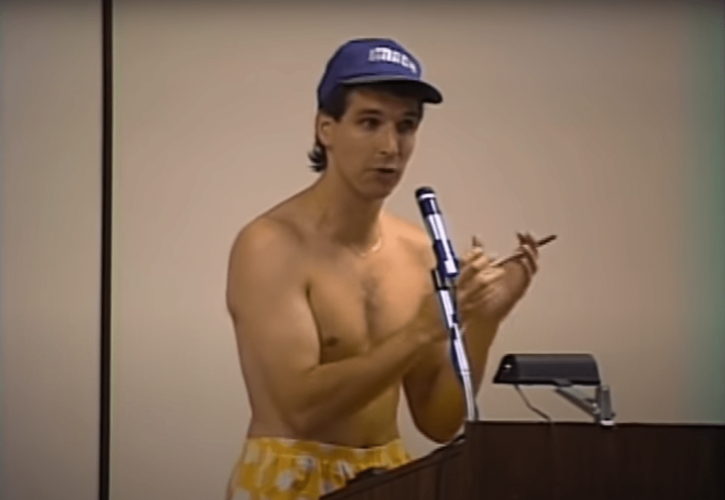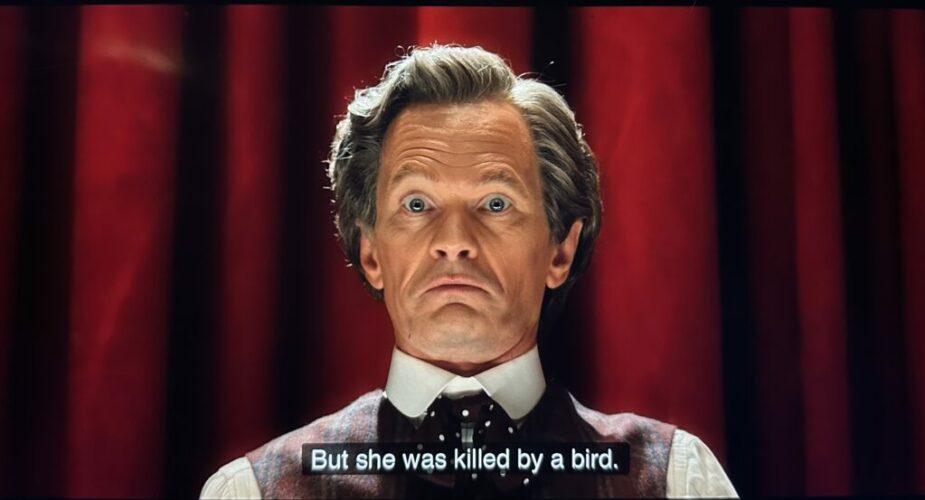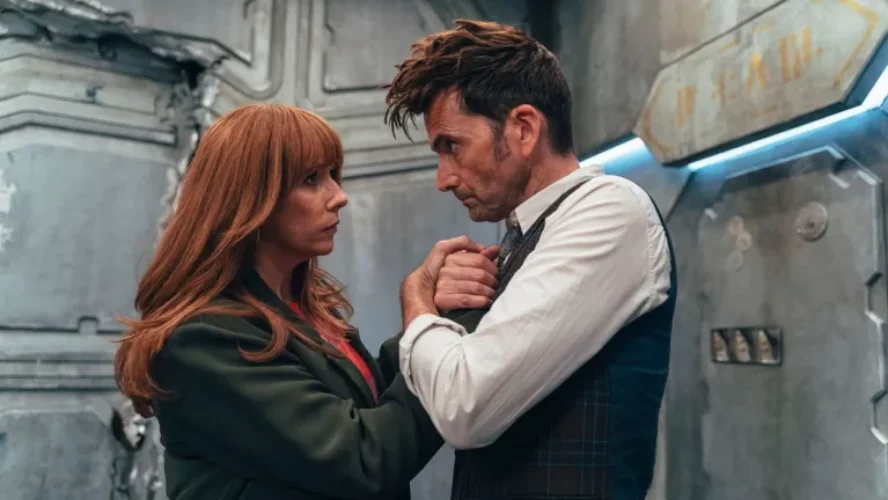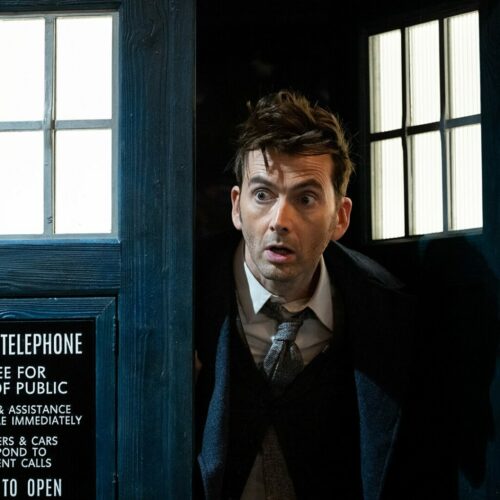A Slight Exploitation (The Ghost Monument)

It’s October 14th, 2018. Dave and Fredo are at number one with “Funky Friday.” Calvin Harris and Sam Smith, Kanye West and Lil Pump, Lady Gaga and Bradley Cooper, and Rita Ora also chart. In news, the IPCC released one of its many reports urgently warning about the disastrous effects of climate change, which is roundly ignored by the major governments of the world. Canada legalized cannabis. Massive flooding takes place in Wales following Storm Callum, and American ambassador to the UN Nikki Haley abruptly resigns.
Meanwhile, on television, the Chibnall era burns through its honeymoon. Were we in the business of reviews—and indeed this is what I did at the time—we might note that second episode are often a little rough, select some bright points, and decide to look forward to Rosa before making our minds up. But that would be postponing the inevitable and we all know it. The Ghost Monument is a bad piece of television. It is bad in ways that most of what Chibnall writes for this show are going to be bad. So we may as well spell that out clearly, get our cards on the table, and start figuring out what we’re going to do to talk about this mess of an era.
Let’s begin with the most basic structural problem. We have a cast of four, two of which have had virtually no introduction, two more of whom are still scant in many ways. And so in their second outing, the priority is surely to give Yaz and Ryan some characterization. Instead of this, Chibnall introduces Angstrom and Epzo, who effectively serve as one-off companions, and thus heavily clog up the characterization for the main team, forcing the script to deal with a six person ensemble for most of its runtime.
There is, of course, an obvious fix for this available, which is to split the action between two camps. Indeed, that’s what the story does in the opening minutes, putting the Doctor and Yaz on Epzo’s ship and Graham and Ryan on Angstrom’s. This would make a lot of sense given that the plot of the story concerns a race, a dynamic that generally relies on, you know, different competitors moving at different speeds as opposed to a homogenous group that sticks together the whole time. To be clear, Chibnall’s approach here isn’t a complete headscratcher—his end theme is the importance of cooperation, and so he has the characters cooperating throughout. But the result is that he sacrifices needed character development and selling the actual premise of the episode in favor of a point that could have been made by other means. It’s inartful—painfully half cooked.
A similar sloppiness occurs on the episode’s back end. We’re at the climactic moment—the finish line of the race is in sight, and Angstrom is poised to win it, leaving Epzo behind. They argue. The Doctor intervenes, declaring that she has a suggestion, and… we hard cut to a few minutes later as Angstrom and Epzo walk in and declare the race a tie.…

